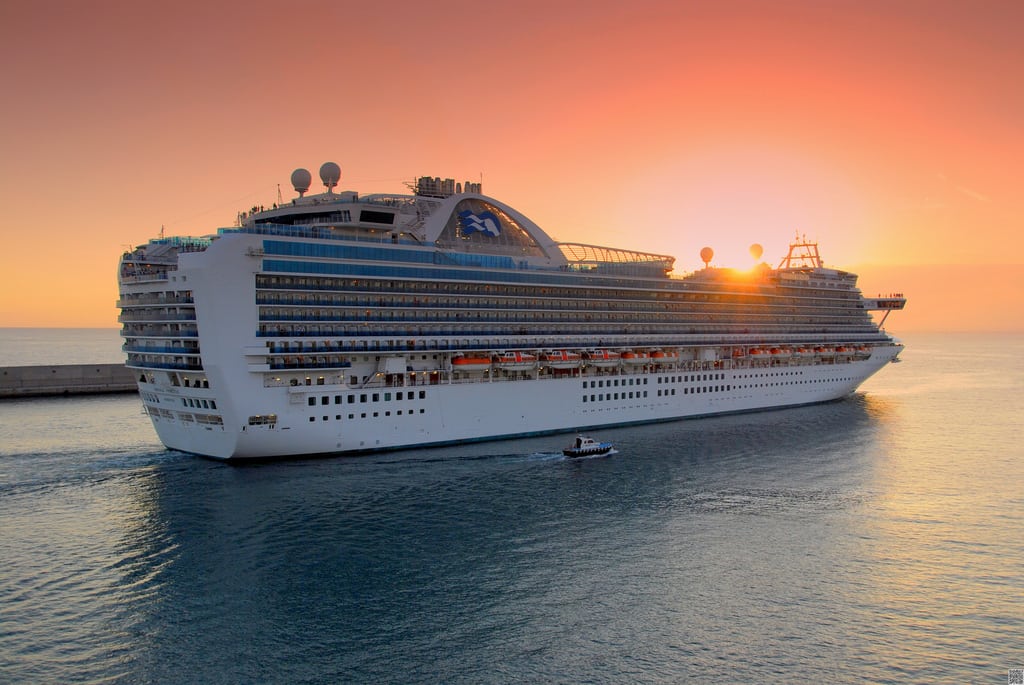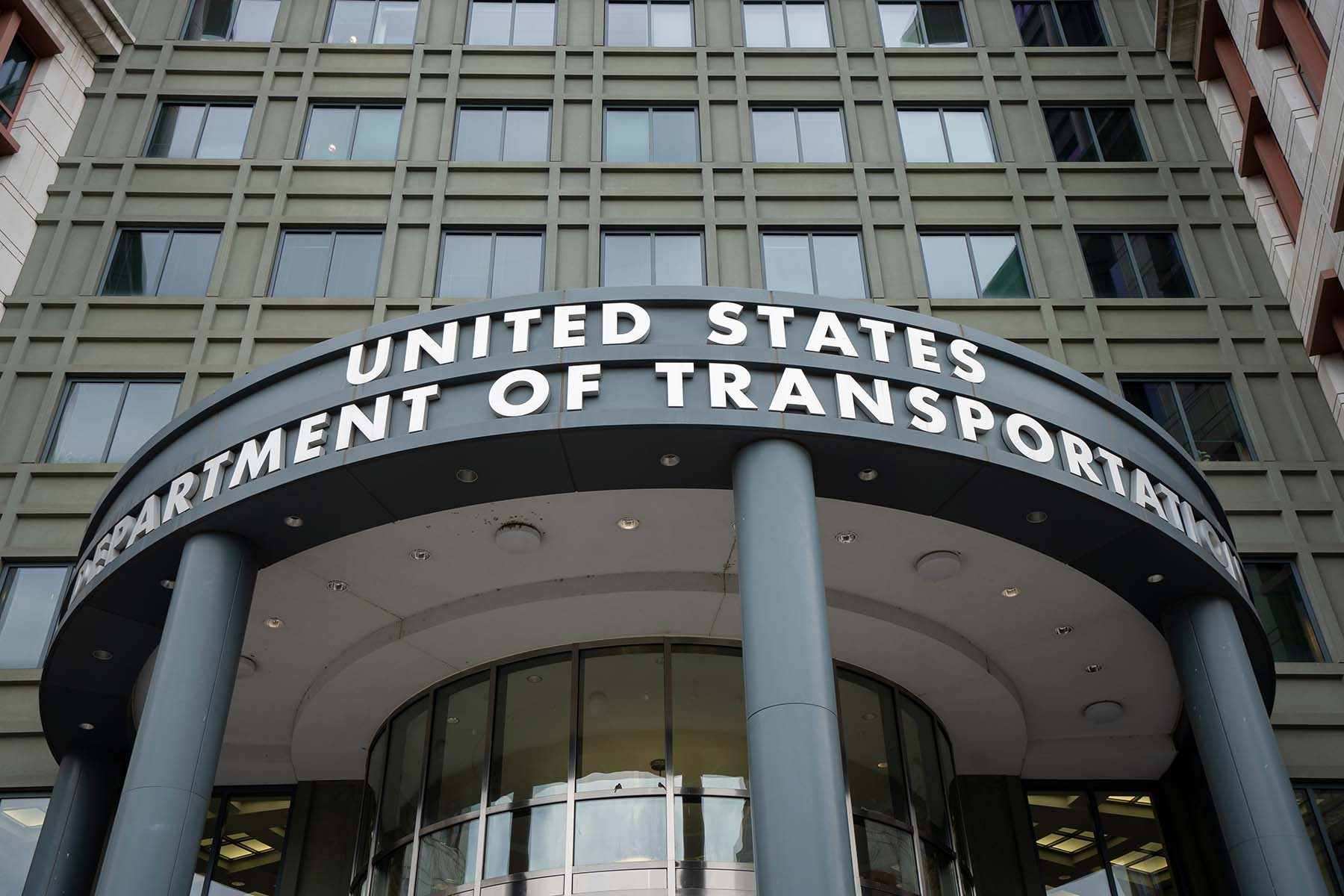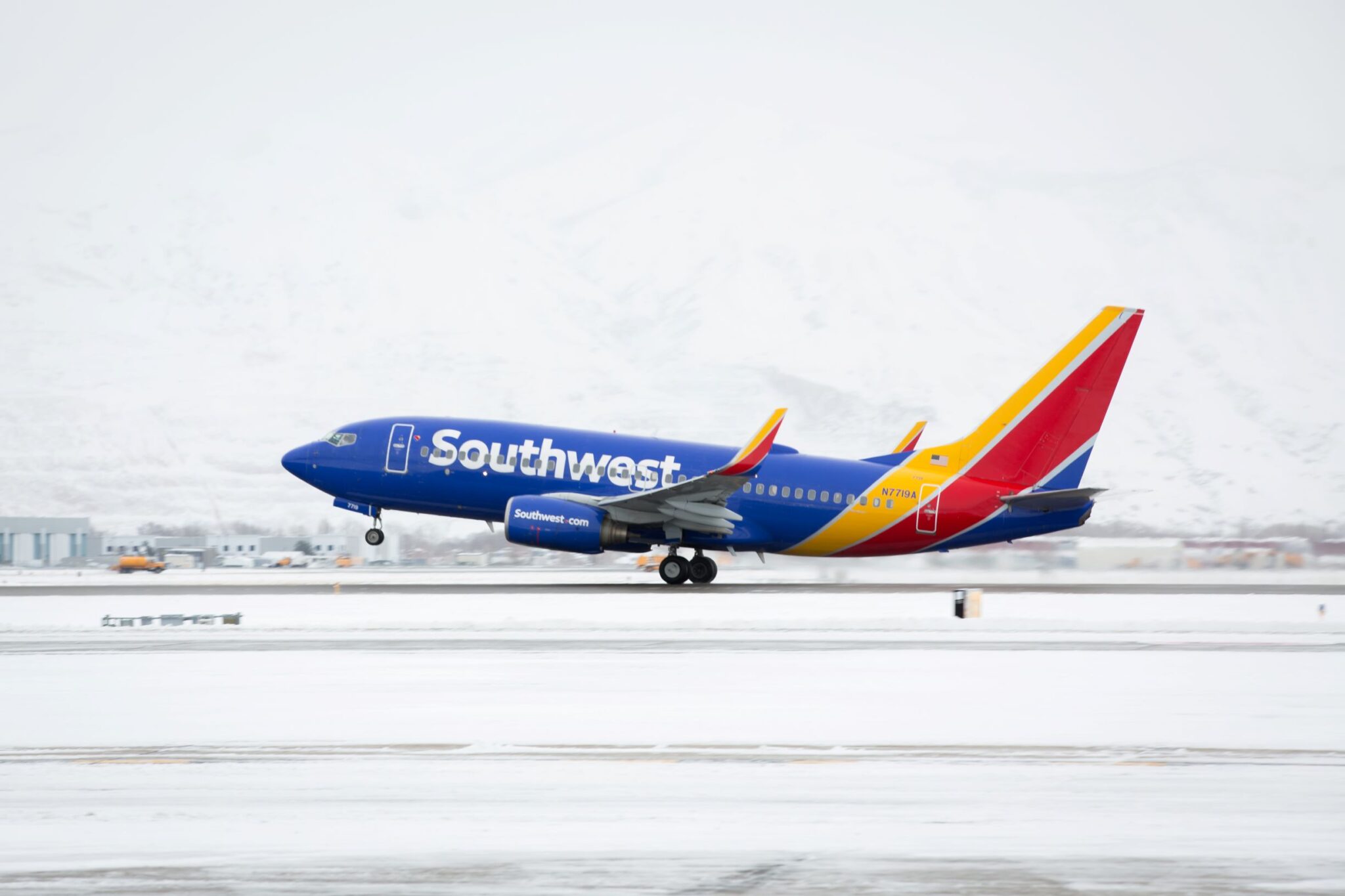Carnival Corp. Says Its Cruise Business Is Strong, Even in Europe

Skift Take
The litany of reasons Carnival Corp. could have had a punishing quarter is long: the spread of Zika; terror attacks in Europe; Britain’s vote to exit the European Union; huge increases in capacity in China; the strong dollar.
In recent months, rival cruise operators have blamed low prices in China, North Americans’ reluctance to travel to Europe, and even lower than expected earnings in the Caribbean for disappointing quarterly results.
Carnival, the world’s largest cruise company with 10 global brands, had better news for the third fiscal quarter.
“We have exceeded the high end of our quarterly guidance and we are raising our expectations for the year,” Carnival Corp. CEO Arnold Donald said during a call with analysts Monday morning. “This quarter we delivered the highest quarterly earnings in Carnival Corporation history.”
The company reported revenues of $5.1 billion during the quarter that ended Aug. 31, up from $4.9 billion last year. Net income was $1.4 billion, an increase over $1.2 billion in 2015.
The company raised its outlook for the full year to $3.33-$3.37 a share, up from June’s guidance of $3.25-$3.35 per share.
Still, shares were down slightly Monday, closing at $46.47, as some trends prompted investor concerns.
During the earnings call, executives said the volume of new bookings since June was lower than the previous year because less inventory was for sale. Onboard yields, or revenue per berth per day, grew only slightly after posting stronger gains for two years.
China, which has seen huge capacity increases, remains problematic from a pricing standpoint.
“We expect the yield to be down as the distribution system improves its ability to service the growing market there,” Donald said. “To demonstrate our commitment to grow the industry in China, we have factored into our results and into our guidance potential adjustments to our contracted prices in support of our distribution partners. The distributors are gaining experience translating pent-up consumer demand for cruising into sustainable market pricing and we certainly want to help them as they adapt to a rapidly growing market.”
Donald said the company will increase capacity in China next year by 26 percent, compared to 66 percent this year. Industry-wide, capacity is expected to increase by 31 percent in 2017 compared to 100 percent this year.
Even after those increases, Donald said the market represents just 5 percent of the company’s global capacity.
“Even with capacity growth well above our global average, it wil remain a relatively
small percentage of our total business,” he said. “We continue to expect China to be a growth market.”
In the North American market, the company has seen “no material impact” from the spread of Zika in the Caribbean, Latin America, and now Miami, Donald said.
“We didn’t get any cancellations, or not enough to mention,” he said. “We didn’t see any impact on booking volume or timing or anything.”
He acknowledged that, hypothetically, demand might have been even better for the Caribbean if Zika were not an issue. But Donald said the industry is accustomed to dealing with new concerns every year, from disease to economic woes to overcapacity in certain markets.
“So we manage that. We anticipate it. We change deployments,” Donald said. “To us, it’s normal business. I wish it wasn’t that way. Every now and then, hopefully, we’ll get lucky and there won’t be those incidents because we think we would do better.”




